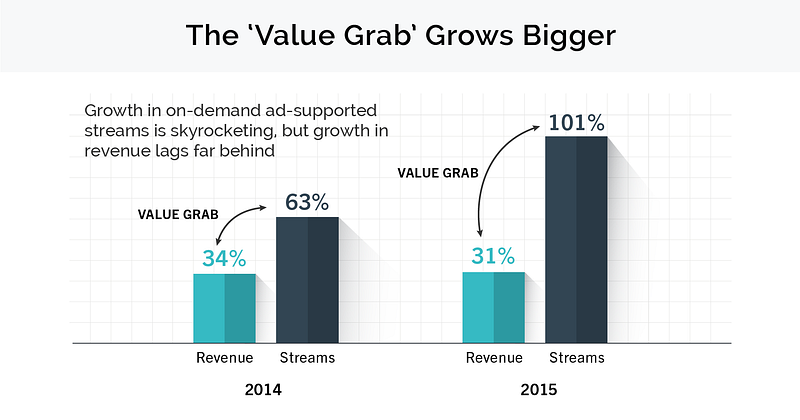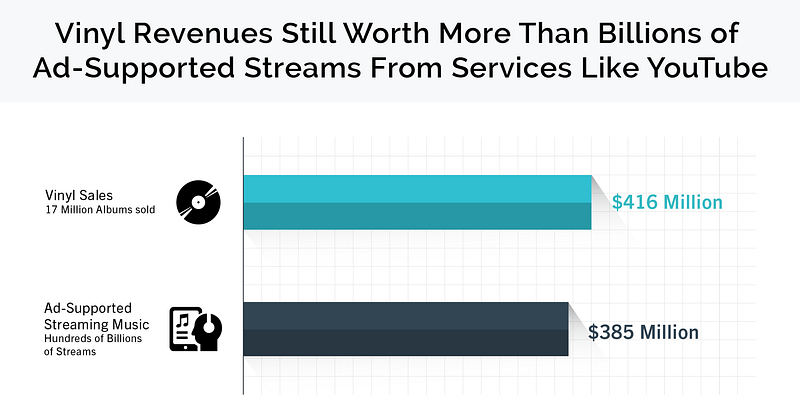AFRO-AMERICAN MUSIC INSTITUTE CELEBRATES 36 YEARS
http://www.indiegogo.com/projects/building-today-for-tomorrow/x/267428
Pain Relief Beyond Belief
http://www.komehsaessentials.com/
PITTSBURGH JAZZ
From Blakey to Brown, Como to Costa, Eckstine to Eldridge, Galbraith to Garner, Harris to Hines, Horne to Hyman, Jamal to Jefferson, Kelly to Klook; Mancini to Marmarosa, May to Mitchell, Negri to Nestico, Parlan to Ponder, Reed to Ruther, Strayhorn to Sullivan, Turk to Turrentine, Wade to Williams… the forthcoming publication Treasury of Pittsburgh Jazz Connections by Dr. Nelson Harrison and Dr. Ralph Proctor, Jr. will document the legacy of one of the world’s greatest jazz capitals.
Do you want to know who Dizzy Gillespie idolized? Did you ever wonder who inspired Kenny Clarke and Art Blakey? Who was the pianist that mentored Monk, Bud Powell, Tad Dameron, Elmo Hope, Sarah Vaughan and Mel Torme? Who was Art Tatum’s idol and Nat Cole’s mentor? What musical quartet pioneered the concept adopted later by the Modern Jazz Quartet? Were you ever curious to know who taught saxophone to Stanley Turrentine or who taught piano to Ahmad Jamal? What community music school trained Robert McFerrin, Sr. for his history-making debut with the Metropolitan Opera? What virtually unknown pianist was a significant influence on young John Coltrane, Shirley Scott, McCoy Tyner, Bobby Timmons and Ray Bryant when he moved to Philadelphia from Pittsburgh in the 1940s? Would you be surprised to know that Erroll Garner attended classes at the Julliard School of Music in New York and was at the top of his class in writing and arranging proficiency?
Some answers can be gleaned from the postings on the Pittsburgh Jazz Network.
For almost 100 years the Pittsburgh region has been a metacenter of jazz originality that is second to no other in the history of jazz. One of the best kept secrets in jazz folklore, the Pittsburgh Jazz Legacy has heretofore remained mythical. We have dubbed it “the greatest story never told” since it has not been represented in writing before now in such a way as to be accessible to anyone seeking to know more about it. When it was happening, little did we know how priceless the memories would become when the times were gone.
Today jazz is still king in Pittsburgh, with events, performances and activities happening all the time. The Pittsburgh Jazz Network is dedicated to celebrating and showcasing the places, artists and fans that carry on the legacy of Pittsburgh's jazz heritage.
WELCOME!
Groups
Duke Ellington is first African-American and the first musician to solo on U.S. circulating coin
MARY LOU WILLIAMS
Who's Making $$$ on you music? Noy you!

State Of The Music Business: What The Numbers Tell Us
Today we report 2015 music industry revenues. Our SVP of Strategic Data Analysis, Josh Friedlander, provides a deeper dive into the specific numbers here. Let me offer a few additional thoughts and visual ways to understand the data we’re reporting.
First, the numbers and data reflect a business that continues to undergo considerable changes in consumer behavior and business models. The music labels we represent have embraced that change, working tirelessly to find and nurture great artists, bring their music to billions of fans, and work with today’s digital distribution platforms to offer music in new ways.
The music industry is now a digital business, deriving more than 70% of its revenues from a wide array of digital platforms and formats. The share of revenues from those digital formats surpasses that of any other creative industry.
Another headline? In 2015, digital music subscription services reached new all-time highs, generating more than $1 billion in revenues for the first time, and averaging nearly 11 million paid subscriptions for the year. Heading into 2016, the number of subscriptions swelled even higher — more than 13 million by the end of December — holding great promise for this year.
But at its core, music is about artists and their art.
While today’s data is encouraging, the challenges facing us are significant. The consumption of music is skyrocketing, but revenues for creators have not kept pace. In 2015, fans listened to hundreds of billions of audio and video music streams through on-demand ad-supported digital services like YouTube, but revenues from such services have been meager — far less than other kinds of music services. And the problem is getting worse. Check out the alarming disparity between the growth in the number of ad-supported streams compared to the growth in revenues generated from those streams:

This is why we, and so many of our music community brethren, feel that some technology giants have been enriching themselves at the expense of the people who actually create the music. We call this the “value grab” — because some companies take advantage of outdated, market-distorting government rules and regulations to either pay below fair-market rates, or avoid paying for that music altogether. These unjustifiable inequities (really, special-interest favors) include: the exemption AM/FM broadcasters enjoy from having to pay artists and labels for the music they play, satellite radio’s unfair and inexplicable below-market rate standard, and the hopelessly outdated “notice and takedown” provisions of the Digital Millennium Copyright Act (DMCA), which many services have distorted to rake in billions of dollars of revenue on the backs of artists, songwriters and labels.
Need further proof that some fundamental market distortions are at play? Last year, 17 million vinyl albums, a legacy format enjoying a bit of a resurgence, generated more revenues than billions and billions of on-demand free streams: $416 million compared to $385 million for on-demand free streams.

I’m confident that music’s future is bright. The popularity of music is greater than ever. Like never before, it drives our culture and commerce. It is the throbbing heartbeat of social media and it is a must-have ingredient of any major technology platform. But reforms are necessary to level the playing field and ensure that the entire music community derives the full and fair value of our work.
Cary Sherman, Chairman & CEO, RIAA
© 2025 Created by Dr. Nelson Harrison.
Powered by
![]()
You need to be a member of Pittsburgh Jazz Network to add comments!
Join Pittsburgh Jazz Network